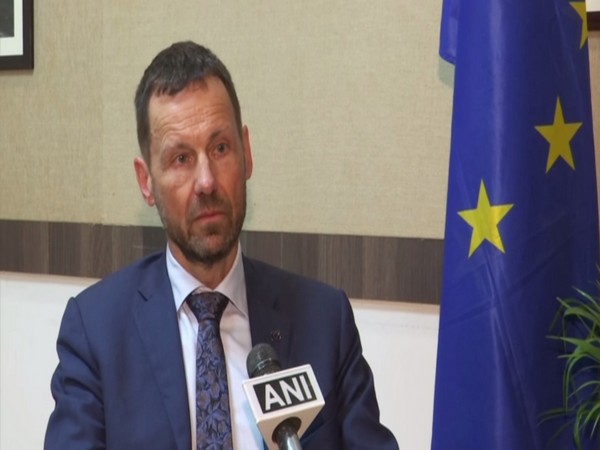

Regarding the situation of females in Afghanistan, EU Special Envoy Tomas Niklasson said that the prohibition against Afghan women working for NGOs is challenging fundamental principles and is having severe consequences, as critical assistance delivered by such organisations cannot reach women and children in need, TOLOnews reported on Wednesday.
Due to judgements made by the de facto authorities, Afghan girls and women are still prohibited from entering secondary school or university.
Tomas Niklasson, the EU Special Envoy for Afghanistan, issued a news release through the European Union Delegation in Afghanistan.
In reference to the UN gathering in Doha, Niklasson stated that the gathering was a welcome effort by the UN to bring Afghanistan back to the forefront.
“In the discussions, there was a consistent view that the conditions were not in place to allow for recognition by the international community of the de facto authorities as a legitimate government, but that engagement with the de facto authorities and other Afghans must continue to address shared concerns – including security and counter-terrorism, the need for inclusive governance, upholding human rights, preventing irregular migration and human trafficking, countering narcotics production and smuggling, and stabilising the Afghan economy,” he said, according to TOLOnews.
More than 28 million Afghans who are vulnerable require humanitarian aid, according to the EU special envoy, who expressed concerns about the situation.
Afghan girls have repeatedly called on the Taliban to immediately open schools and universities for them, however, there is no development on the situation of females’ right to education in the country hit by economic and humanitarian crisis.
Since the Taliban regained power in August 2021 after the US exit from the country, women are not allowed to work in the fields of education with domestic and international organisations, in gyms, or in public spaces.
Taliban has rolled back a wide range of human rights of women and girls, including a ban on attending high school and university, restrictions on movement and work, and in December, a decree banning female nationals from working in most NGOs.